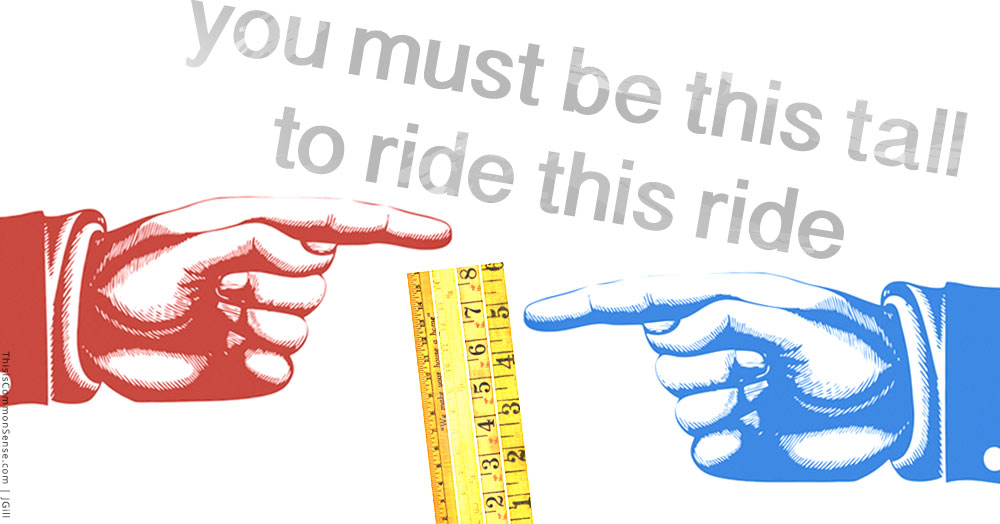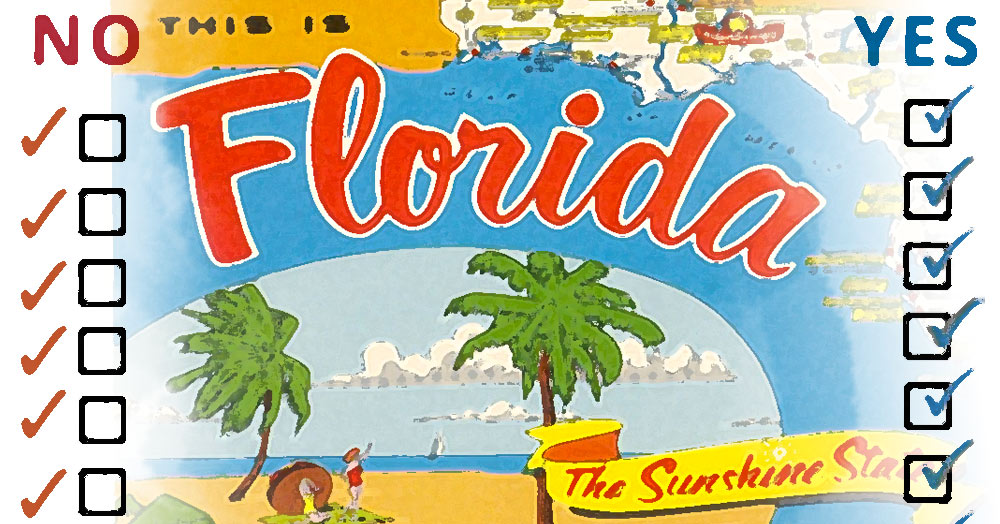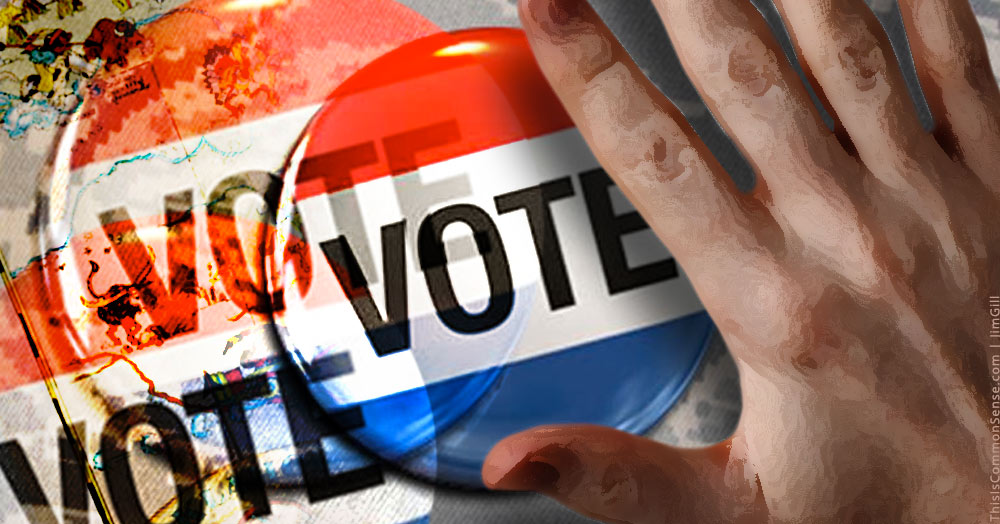In 2013, Tacoma Park, Maryland, became the first place in the U.S. to allow 16-year-olds to vote in local elections.* Now, Washington, D.C., Councilman Charles Allen, “inspired by the high-schoolers who are campaigning for gun control and filled D.C. streets last month in a massive protest that mesmerized the country,” reports the Washington Post, wants to follow suit.
“It’s pretty hard for anyone to watch the events of the last couple of months,” claims Councilman Allen, “and not understand the pure power and maturity of incredibly young voices.”
Well, they do use adult words.
One has to wonder: would the “maturity” of these young adults equally amaze this politician, were they advocating opinions** with which he disagreed?
But wait a second . . . wasn’t one of the demands of the “March for Our Lives” to raise, not lower, the age when a person would be deemed mature enough to legally purchase a scary-looking rifle?
Lowering the voting age seems odd, at best, with society lurching in the other direction — raising the age of adulthood for everything else. Decades ago, the legal age to purchase alcohol was 18 in some places; today it is 21 everywhere. In Virginia, one may still drive at 16, as I could back in the day . . . but now there are limits on other young people riding in the car unless the driver is 18.
More ominously, facilitation by many public schools of the recent student walkouts and marches present the strongest argument against lowering the voting age: So long as government schools act in a partisan manner, indoctrination and intimidation would be rampant.
Who wants a captive audience of would-be voters most?
Unscrupulous ideologues.
This is Common Sense. I’m Paul Jacob.
* Greenbelt and Hyattsville, Maryland, as well as Berkeley, California, have since joined Tacoma Park in allowing 16- and 17-year-olds to vote in local elections.
** Term limits, say. Or school vouchers. Or the rights of gestating humans.











